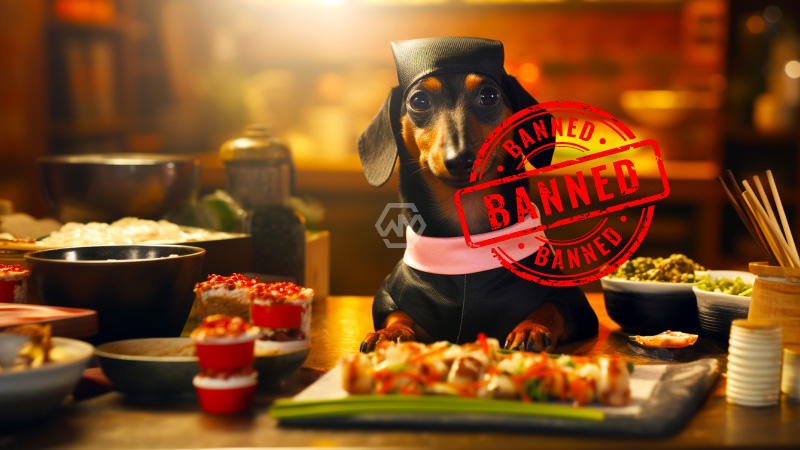- The butcher and offer of canines for their meat are to become unlawful in South Korea after MPs supported another regulation.
- The regulation, set to come into force by 2027, expects to end the extremely old act of people eating canine meat.
- Under the new regulation, the utilization of canine meat itself won’t be unlawful.
Canine meat stew, called “boshintang”, is viewed as a delicacy among a few more established South Koreans, yet the meat has become undesirable in cafes and is presently not famous with youngsters.
As per a Gallup survey last year, just 8% of individuals said they had attempted canine meat in the a year, down from 27% in 2015. Less than a fifth of those surveyed said they upheld the utilization of the meat.
Ban on Dog Meat Trading
The new regulation spotlights the canine meat exchange – those sentenced for butchering canines have to carry out upwards of three years in jail, while individuals viewed as at fault for raising canines for meat or selling canine meat could serve a limit of two years.
Ranchers and eatery proprietors have three years to find elective wellsprings of business and pay before the regulation comes into force.
As per government measurements, South Korea had around 1,600 canine meat cafés and 1,150 canine homesteads in 2023, all of which will currently need to present an arrangement to get rid of their organizations to their nearby specialists.
The public authority has vowed to completely uphold canine meat ranchers, butchers, and café proprietors, whose organizations will be compelled to close, however, the subtleties of what pay will be offered presently can’t seem to be managed.
On Tuesday noon in Seoul, down a rear entryway with a few canine meat cafés, a modest bunch of more established individuals were getting into the stew and the generational gap was unmistakable.



